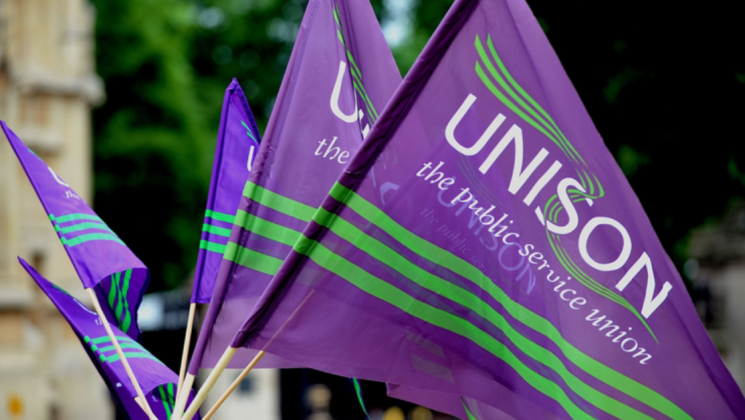Health staff face a perfect storm as some NHS trusts in England and Northern Ireland bring back parking charges, and mileage rates across the UK fail to cover soaring fuel prices.
The union says the cost of getting to work and driving to carry out their duties, combined with low pay and soaring prices, are draining the finances of health workers, forcing some to look for jobs elsewhere.
A motion to be debated later today at UNISON’s annual health conference in Liverpool highlights the impact of rapidly rising fuel costs on staff as the cost-of-living crisis bites. The union says this is hitting community staff who carry equipment and visit patients in hard-to-reach areas especially hard.
The motion calls for urgent action from the government to increase mileage allowances* to better reflect the rising cost of petrol and diesel. The union also wants to see the tax-free element boosted by HM Revenue and Customs (HMRC), so any increase isn’t simply wiped out by higher taxes.
New findings from a UNISON survey into mileage rates and parking charges reveal the extra financial burden these are placing on workers at a time of rising inflation.
More than seven in ten (74%) of the almost 3,000 staff who say they use their car for carrying out work duties complain that the current mileage allowance – last reviewed in 2014 – isn’t enough to cover prices at the pumps.
Of these, 58% say they’re out of pocket every month, half (50%) that their wages don’t reflect the cost of mileage they do, a fifth (20%) say they’re looking for another job, and 9% report having to cut down on patient visits or seeing as many patients.
The scrapping of government funding for free parking for NHS staff at the end of March is also putting a strain on the earnings of health workers, says UNISON.
NHS trusts and boards in Wales and Scotland currently don’t charge staff for parking. But free parking, introduced in Northern Ireland and England because of the pandemic, was ended by the health secretary last month. Some trusts are starting to charge again.
Around two fifths (39%) of health staff who took part in the survey say their employer has or is planning to reintroduce parking charges for employees.
Of these, four in ten (42%) say they would pay the charges but worry about where else to cut back on spending. Three in ten (32%) would try to find alternative free parking as close to their work as possible.
But more than one in ten (14%) report they will struggle to get to work because there are no public transport options, and the same proportion say they would start looking for another job. Eight per cent say they would try to carshare with colleagues.
Commenting on the findings, UNISON regional secretary Clare Williams said: “This is not a good time to be an NHS worker struggling on a budget. Staff facing a perfect storm over soaring living costs are paying through the nose for fuel and parking – just to do their jobs.
“Some health roles can’t be done without a car, especially those carried out in rural areas by community support workers and district nurses. They might do many miles a day.
“Low pay is a major factor with struggling staff being poached by high street retailers offering more per hour and less stressful working conditions. To stop the exodus, trusts must up mileage rates and the government should stump up the cash for an above-inflation wage rise.”
The union is also calling for NHS trusts to take other measures to alleviate the financial hardship by providing pool cars, fuel cards and planning work to reduce the miles staff have to cover.

